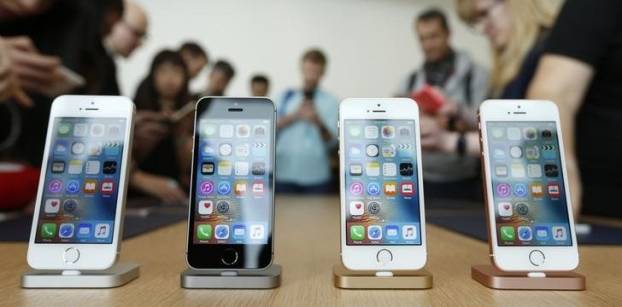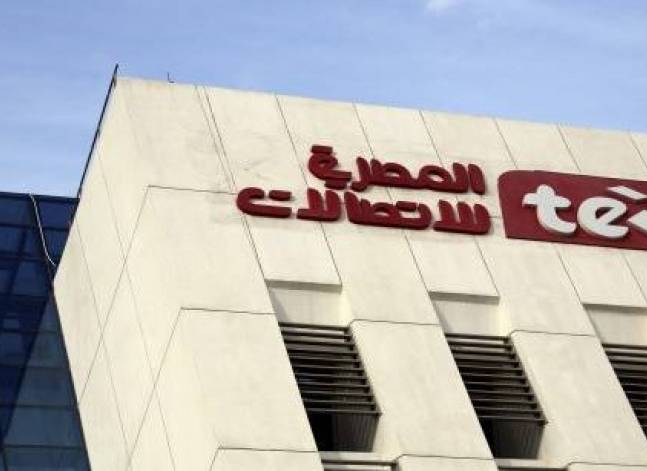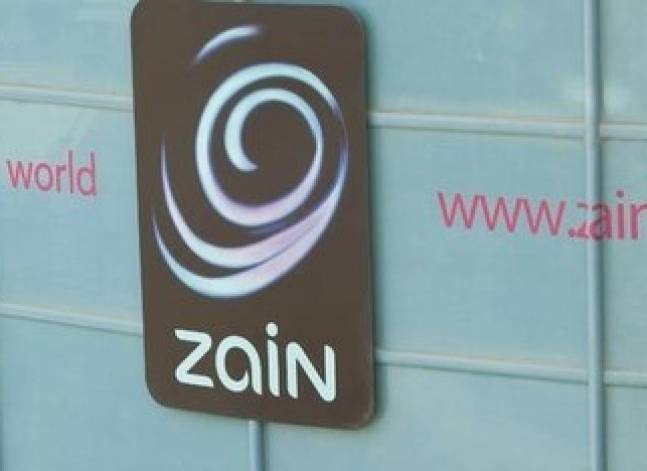Latest NEWS
- Aswat Masriya, the last word
- Roundup of Egypt's press headlines on March 15, 2017
- Roundup of Egypt's press headlines on March 14, 2017
- Former Egyptian President Hosni Mubarak to be released: lawyer
- Roundup of Egypt's press headlines on March 13, 2017
- Egypt's capital set to grow by half a million in 2017
- Egypt's wheat reserves to double with start of harvest -supply min
- Roundup of Egypt's press headlines on March 12, 2017
Telecom Egypt board tentatively agrees to buy 4G licence
The new iPhone SE is seen on display during an event at the Apple headquarters in Cupertino, California March 21, 2016. REUTERS/Stephen Lam
CAIRO, July 31 (Reuters) - Telecom Egypt (TE), the state-owned landline monopoly, said on Sunday its board had tentatively approved plans to buy a fourth-generation mobile licence and a company official said it would offer the services within a year of obtaining frequencies.
Egypt is selling four 4G licences as part of a long-awaited plan to reform the telecoms sector.
The reforms will potentially allow Telecom Egypt, which owns a 45 percent stake in Vodafone Egypt, to enter the mobile phone market directly. They could also allow Egypt's three mobile operators to offer fixed-line services, ending TE's dominance.
TE said in a statement on the stock exchange website that its board of directors had given its preliminary approval on July 28 and a full study of the 4G licence plan would now be presented to the investment committee.
"Telecom Egypt will provide the service within a year of obtaining the licence due to its need for experts to run mobile services, prepare networks and work on agreements," a TE official, who declined to be named, told Reuters.
Egypt's telecom regulator has directly offered 4G licences to the three companies currently offering mobile services - Orange Egypt, Vodafone Egypt, and Etisalat -- as well as to TE. Only Orange Egypt has disclosed the price it has been offered to obtain the licence -- about $400 million.
Banking sources told Reuters earlier this month that Telecom Egypt was in talks with banks to secure a loan worth 5 billion Egyptian pounds ($563.07 million) to acquire a 4G licence.
The operators have until the first week of August to submit responses.
The government hopes to collect a total of 22.3 billion Egyptian pounds from licence fees, Communications and Information Technology minister Yasser al-Kadi said last month.
The company's shares were traded on the Egyptian Stock Exchange at 9.25 pounds, up by 1.3 percent. (Reporting by Ehab Farouk and Ola Noureldin; Writing by Ola Noureldin; Editing by Lin Noueihed and Adrian Croft)














